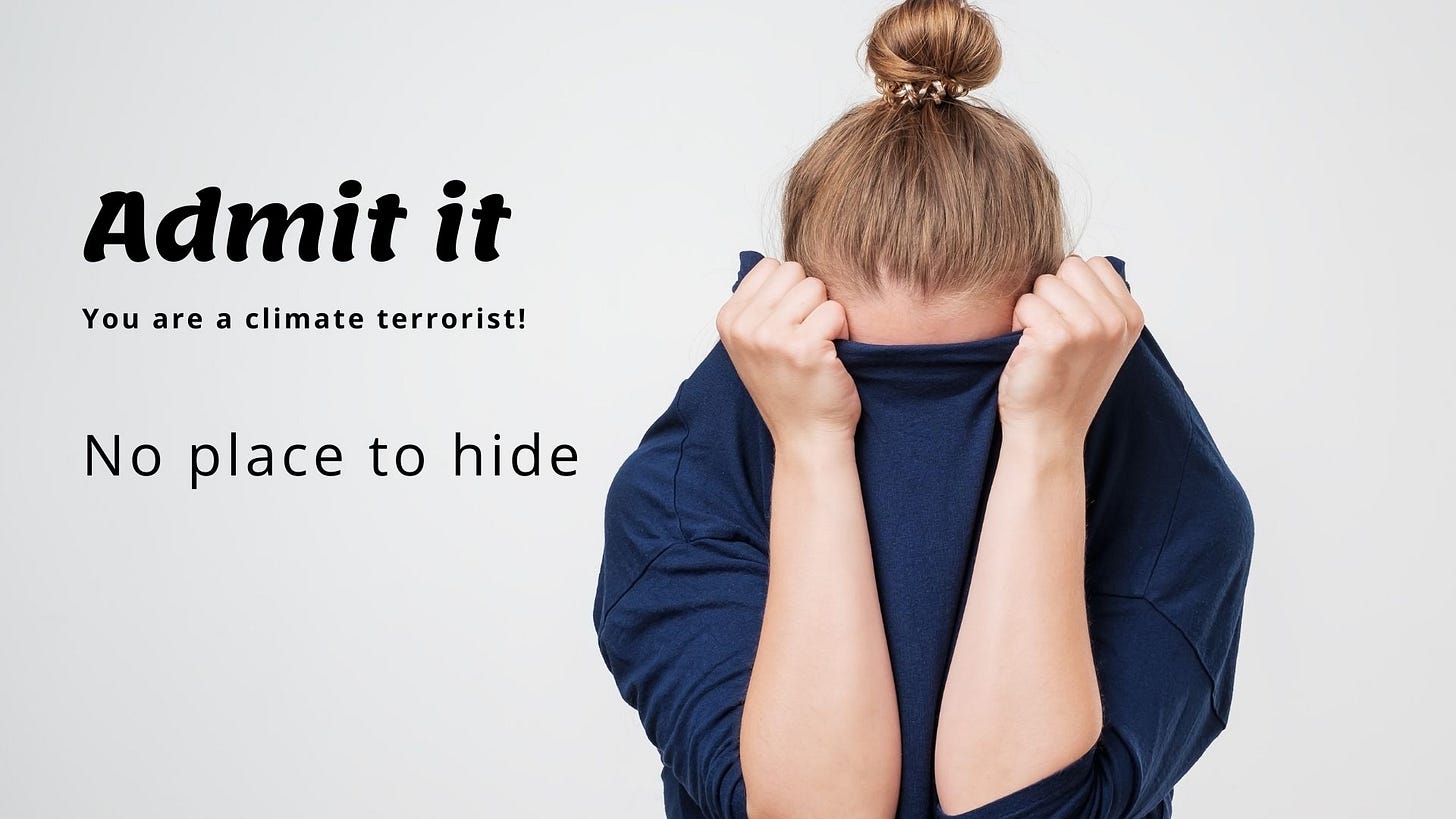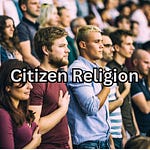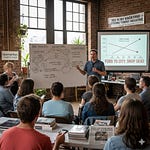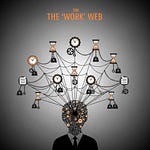Unraveling the Threads: Identity, Conflict, and the Climate Conundrum 🌍💥
Have you ever found yourself in that peculiar spot, where a single, sardonic remark throws open a trapdoor to an entire universe of uncomfortable truths? Imagine starting a thought with something like: "I mightn't have done much good in my life, but at least I contributed to the destruction of the planet. And I systematically sabotaged the selective recycling system put in place by the Residents Association by chucking empty wine bottles in the bin meant for paper." It's a dark chuckle, isn't it? Yet, this seemingly flippant admission, echoing a phrase like "Look! Here come the climate terrorists," becomes a starting gun for a deep dive into a topic that's not only "very prevalent" but takes on "different permutations" in our daily lives.
Our journey begins by examining the very fabric of our being in a consumer-driven world. It’s all about Consumer Culture Theory, and how our identity is inextricably linked to "how we treat those things that we feel are right, they're part of our identity." We often fall into camps, either "by choice, but most likely through some sort of knee-jerk reaction". This immediately pushes us into a dynamic of "us versus them", focusing on "the dichotomy, the constitutive others". And let's be honest, there's often a calculated "manipulation that's taking place" within the commercial landscape, where conflict is created – "either real or very often is perceived" – so a brand can swoop in and "solve the problem" establishing its "so-called value". It's a true "conflict market".
This tendency to categorize extends to our identities. We’re often put into one of three buckets, a "negation of ideologies" : the "Neo-Blue" of conspicuous consumption , the "Neo-Green" that often devolves into mere greenwashing , or the "Neo-Brown," the so-called anti-woke brands, again defined by "the constitutive other". It's a dance of identity based on who we are not.
The podcast then pivots to a profound schism: the Universalist versus the Particularist. The universalist believes "ensuring the welfare of everyone on this planet should be our major concern", sometimes leading to a "desensitization" to those in our immediate proximity. The particularist, conversely, focuses intently on "those things that are in one's direct proximity". This conflict plays out "constantly" , visibly in the "urban versus rural" divide. Urban life, in particular, fosters a "desensitization" that creates "distance" and "alienation". An old 70s TV show served as a stark, if darkly comic, illustration: apartment dwellers, forced together by a fire alarm, initially lamented not knowing their neighbors, only to conclude "maybe it's better they don't know their neighbors" after encountering morally questionable actions. This "estrangement model" becomes a comfortable "capsule" for our existence.
This path of estrangement, we learn, has deep historical roots. Ivan Illich highlighted how "mobility" – the separation of where you live and where you work, a direct result of the Industrial Revolution – created the "hidden cost of transportation". It devours space, multiplies indirect preparations, and ultimately degrades the "quality of life" , especially for those forced to travel vast distances for less esteemed jobs. The pandemic starkly revealed this: those in "higher social spheres" had home offices, while those "making that trek every single day" bore the risks.
This leads to a crucial, unsettling realization: values can be interpreted as "luxury goods".
If you have money, you can "afford to exercise our interpretation of those values". Morality itself, chillingly, can be seen as an "economic tool", used to "incentivize certain types of behavior and perhaps some sort of cooperation as a means by which we get past our conflict". Money is used to "negate the conflict or to pretend it's not there" , kicking the moral can "down the road".
This framework sheds light on the "climate terrorism" accusations. Those in rural areas, feeling marginalized, view climate initiatives from groups like Fridays for Future as a "luxury that only the upper middle class could afford". Their questions are stark: "why don't these people just go ahead and get a job?" and "how come they have so much time to do these sort of things where... They feel they don't have the time". This mirrors the backlash to the 60s counterculture. Tony Judd's "Postwar" provides a poignant parallel: upper-middle-class student protestors in Italy policed by working-class officers who couldn't afford to live in the city themselves. This isn't about right or wrong, but understanding a situation where people are "given no other opportunity". We see this tension today, from the "Gilets Jaunes" in France feeling their precarious situation worsened by fuel taxes to the Dutch Farmers Party protesting nitrate emission reductions.
The estrangement deepens with money. Robert Putnam's "Bowling Alone" (2000) shows how it's "much easier to pay money to support the individual causes" than to get involved locally, making "money... the means of estrangement". My own experience resonates: feeling a "moral obligation to support different groups" with money because "my time is limited". Giving "a certain part of our salary every month towards these groups so that we will have that warm, fuzzy feeling that we're doing something right" has become increasingly intense. Yet, are we truly "donating to those groups that we know?" Or just getting that "warm, fuzzy feeling" by kicking the moral can "down the road"?
The core of our dilemma is laid bare by Hannah Arendt: "The people who meet on the exchange market are primarily not persons, but products of products." We are "just an extension of the products that we're producing", and if those products are demonized (e.g., as roots of climate change), "we're taking away their perceived identity". Herbert Marcuse further laments the "contradiction between capitalist productivity and nature", where capitalism "inevitably destroys nature" and transforms "human beings into tools of labor and become instruments of destruction". Technology, Arendt concludes, "appears as a substitution for human action", making the "earth... fodder for the development of human life".
So, what is the crux of our problem? People are "caught within a system", they are "conditioned not to question", believing it an "universal truth" that cannot be changed, fearing the "house of cards will definitely fall". This "system that can only lead us to these results" is the real root cause, not individual identities or reactions. The "us versus them" political tool is used to "protect certain interests on the backs of those people that really can't do much to defend themselves", maintaining a "pseudo order". We see this rollback of environmental commitments globally, from the UK to Austria.
The podcast leaves us with a potent challenge: to "count to ten" before conclusions, to reflect and understand the "various components". If we could only "eliminate that dualistic us versus them" and grasp that we live in complex "ecosystems" that are "not linear and certainly not transactional", we could have "much more meaningful conversations". It's not about a "rhetorical magic wand", but about making "true progress" by stopping "pointing the finger at others" and understanding "we're living in systems that lead to these types of results".











